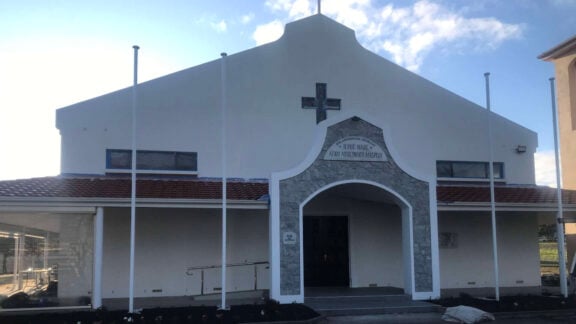According to Greece’s National Public Health Organisation (EODY) the country confirmed 1,113 new coronavirus cases on Saturday, of which 12 were identified at the country’s entry points.
On 2 February, Greece reported the highest number of new Covid-19 cases since 11 December 2020 with figures remaining above 1,000 since.
Currently, Greece sits at a total of 163,213 coronavirus cases since the beginning of the pandemic with 249 individuals intubated in ICUs. Meanwhile, EODY has registered 29 new deaths, which brings the toll to 5,951.
The country, has already administered more than 360,000 vaccines, covering just over 3 per cent of the population, while 291,259 people have received at least one dose.
Following an announcement from the ministry of health on Friday, from now on, Greek authorities will limit the use of the AstraZeneca Covid-19 vaccine to people who are under 65.
At the same time, stricter measures are being implemented that include longer curfews and a ban on weekend retail related in-store visits. Retailers will only be allowed to operate by e-orders (click-away). Pick-ups will be still allowed.
Retail and personal care services (hairdressers, beauty salons) will be open weekdays from Monday to Friday (7am to 8pm) and only pharmacies, super markets, bakeries and petrol stations will open on weekends, from 7am to 5pm.
In Greece’s hot spots, known as “red alert” regions, for the next 10 days, only supermarkets, grocers and pharmacies will be allowed to operate.
These areas include Patras, Chalkida, Mykonos, Santorini and Aghios Nikolaos in Crete, Rethymno in Crete, Pydna/Kolindros in Macedonia, Dirfii/Messapies in Evia, Andravida/Kyllini in the Peloponnese, and Tempi near Larissa.
In all but the three regions named above, retail stores will shut down. Only supermarkets, grocers and pharmacies will be allowed to operate over the next 10 days.
The restrictions will remain in effect until 15 February when they will be reevaluated.









